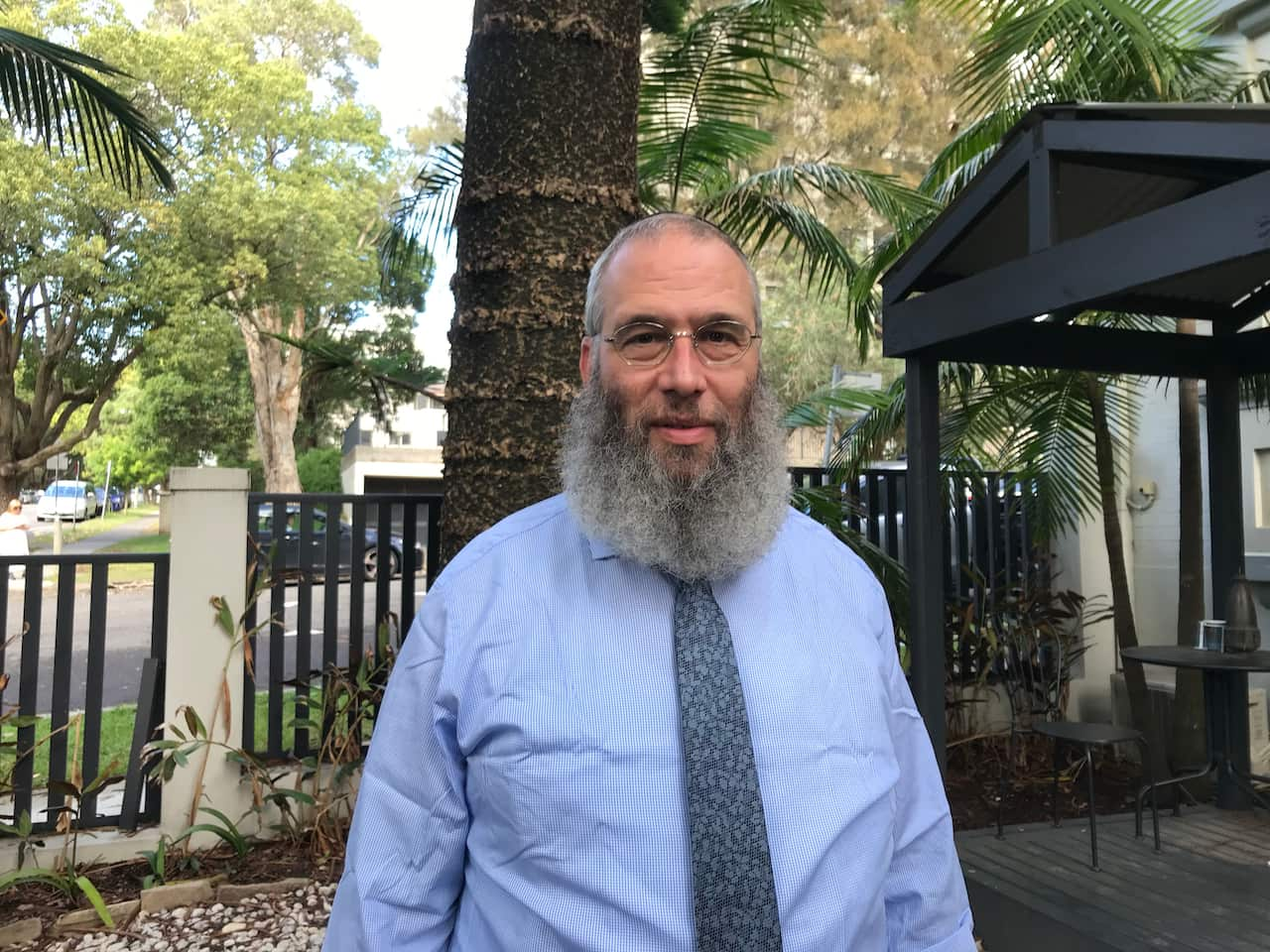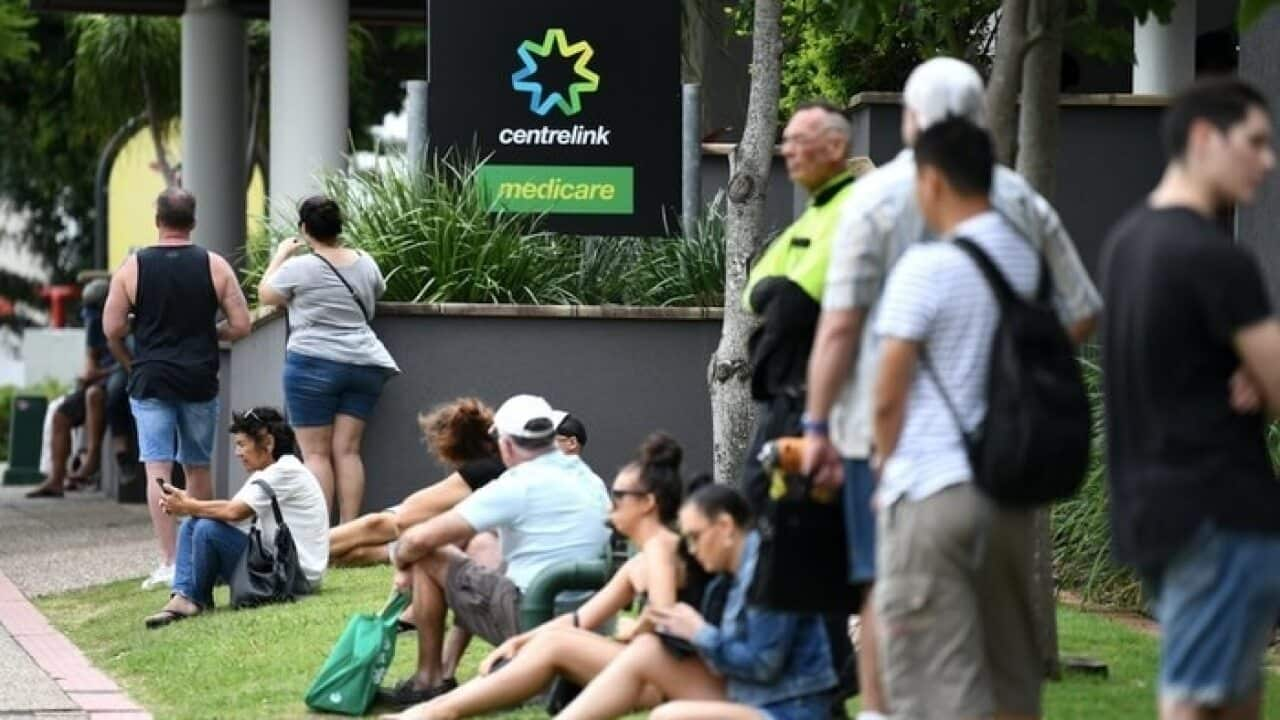Shelters are providing an invaluable service for the homeless as some of Australia's most vulnerable navigate life on the streets during the coronavirus pandemic.
While most Australians have been able to safely isolate in their homes, many living on the streets have been forced to face the pandemic with little, if any, support.
There are also fears more people could become homeless as a result of the outbreak's effect on the economy.
The spread of COVID-19 has imposed extra challenges for support organisations but their work has become even more valuable.
Staff from Wayside Chappel, a drop-in centre based in Sydney’s CBD, have been hitting the streets to help the homeless and other vulnerable Australians.
Wayside Chapel chief executive Pastor John Owen is worried about what the impacts of coronavirus could do to those forced to live on the street. “Over the last few months, it's about not only caring for them but keeping them alive throughout this pandemic,” he said.
“Over the last few months, it's about not only caring for them but keeping them alive throughout this pandemic,” he said.

Pastor John Owens, the CEO of Wayside Chapel, says coronavirus has made those living on the street even more vulnerable Source: Supplied
“This coronavirus, if it gets into the homeless population, it will wreak havoc."
Many crisis accommodation providers have secured extra beds to help get more people off the streets.
State and territory governments have also responded by boosting funding for temporary accommodation.
In NSW an extra 300 hotel and motel rooms have been booked to house the homeless, while similar schemes have been implemented in other states.
Rabbi Mendel Kastel of Jewish House said the need for temporary accommodation is only going to increase.
“What we are finding is that people are starting to get really concerned, people are starting to lose their jobs, people are going through their bits of savings. So I think there's more still to come,” he said.
“I absolutely see the risk of a spike in people becoming homeless. And it's important that we're ready for it. “We need to catch people who are really at risk of becoming homeless and have the appropriate services, so they don't end up on the street.”
“We need to catch people who are really at risk of becoming homeless and have the appropriate services, so they don't end up on the street.”

Rabbi Mendel Kastel of crisis accommodation provider Jewish house says the need for temporary accommodation is only set to increase. Source: Supplied
Increased welfare packages from the federal government such as the JobKeeper and JobSeeker payments have helped thousands of Australians facing financial hardship.
Professor Paul Flatau from the University of Western Australia is concerned about what happens when the government ends the extra income support after the pandemic.
“We do need to be very careful, because when that income support comes off, and we also have those who do not get Jobseeker allowance, won't be getting JobKeeper allowance, we do have to be very careful about what happens at the end of that,” he said.
“Because this economic downturn and contraction is likely to last longer than income support and we are very concerned about what will happen at the end of the year.”
But amid the uncertainty, those who work on the front line providing support to the homeless have witnessed a difference being made.
Pastor Owen said he has seen the signs of positive change for those facing difficulties, maintaining hope that after the pandemic, a fairer and kinder society will emerge.
"It's just such an exciting time to be working in this space, saying to someone - if you want to get off the street, we can get you into a hotel for 30 nights,” he said.
“I just had a conversation this morning with someone with tears in his eyes, saying, 'I don't think I can go back to the streets, after two weeks in a bed, I feel like I'm becoming me again.
“We've seen suddenly, things that we were being told were impossible, are suddenly made possible.”
People in Australia must stay at least 1.5 metres away from others and gatherings are limited to two people unless you are with your family or household.
If you believe you may have contracted the virus, call your doctor (don’t visit) or contact the national Coronavirus Health Information Hotline on 1800 020 080. If you are struggling to breathe or experiencing a medical emergency, call 000.
SBS is committed to informing Australia’s diverse communities about the latest COVID-19 developments. News and information is available in 63 languages at .










